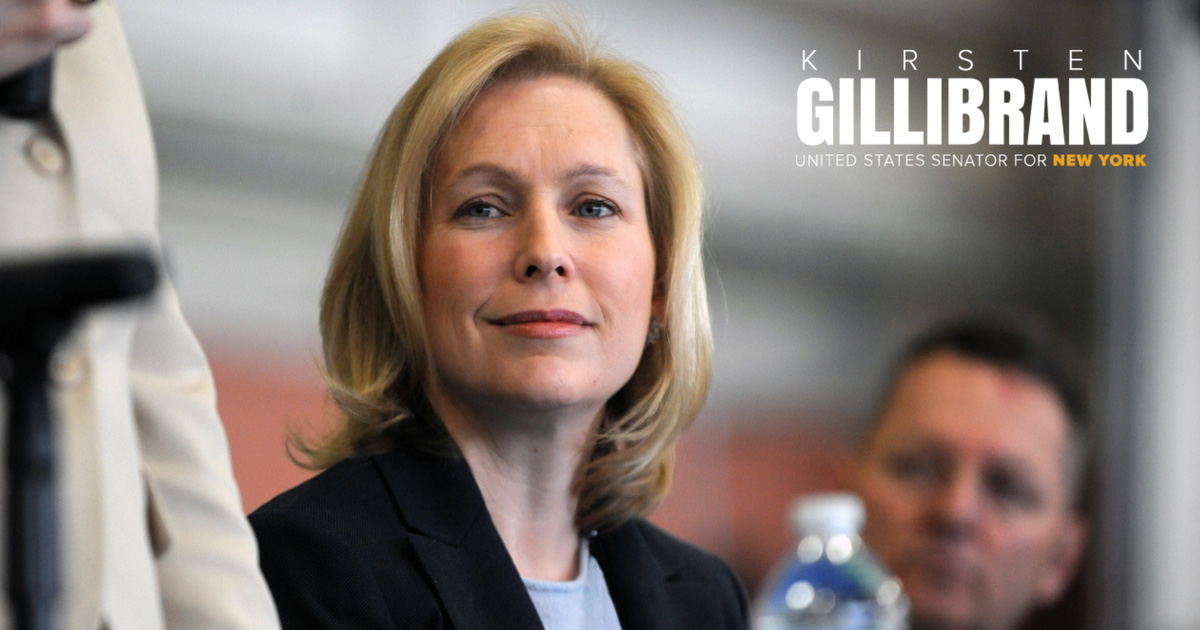Source: United States Senator for New York Kirsten Gillibrand
According to Recent Reporting, New York Residents Will Pay 21% More For Heat This Year; Utility Debt Grew From $12 Billion to As Much As $32 Billion Nationwide Last Year
With colder weather around the corner and energy costs projected to sharply increase this winter, U.S. Senator Kirsten Gillibrand is calling for robust Low Income Home Energy Assistance Program (LIHEAP) assistance. October marks the start of the heating season for many states and many New Yorkers will struggle to afford the cost of keeping the heat turned on in their homes during the cold winter months. In New York State alone, there are already 1.2 million households that collectively owe more than $1.5 billion in late energy bill payments. The ongoing economic crisis caused by the coronavirus pandemic has also put unprecedented financial burdens on low-income families and seniors and rising heating costs will only add to this strain. Gillibrand is urging the U.S. Department of Health and Human Services (HHS) to distribute LIHEAP funding quickly and at the highest level possible.
“As winter looms, New Yorkers are still feeling the financial strain of the ongoing COVID-19 pandemic and hold approximately $1.5 billion in energy bill debt,” said Senator Gillibrand. “During long New York winters, LIHEAP is a critical lifeline for seniors and low-income workers in need of assistance to stay safe and warm. This funding has never been more important as temperatures drop and heating bills are expected to rise by more than 50% for some households – I am urging HHS to distribute this critical funding swiftly and without delay.”
The average cost of home heating is unaffordable for millions of low-income households, costing over $900 per year nationally. With prices surging worldwide for heating oil, natural gas, and other fuels, the U.S. Energy Information Administration (EIA) is projecting even higher prices for home heating this winter. The EIA’s Winter Fuels Outlook reports households nationwide could see their heating bills jump as much as 54% from last winter. The EIA also projects that Northeast customers who use natural gas will see their bills rise to $865, up from $731 last year. New Yorkers can spend more than $3,000 a year on energy bills alone — for low-income New Yorkers, that can amount to more than 10% of their income on energy. Significant and early LIHEAP funding is a crucial lifeline that will help meet the demand of rising utility costs and help financially strained households pay their energy bills and stay safe throughout the winter.
Senator Gillibrand has consistently fought to ensure New Yorkers can afford their utilities. When millions of workers were laid off at the onset of the pandemic, Senator Gillibrand fought alongside her colleagues to deliver $900 million in LIHEAP funding in the CARES Act and an additional $4.5 billion in supplemental funding to the program as part of the American Rescue Plan. Earlier this year, Gillibrand made stops across New York State — including in Syracuse, Rochester, Buffalo, and Albany — in her fight for robust LIHEAP funding in the COVID-19 relief package. Gillibrand also successfully pushed the Trump administration to immediately release the emergency funding and send a vital lifeline to New Yorkers.
To read the full letter, please click here.
